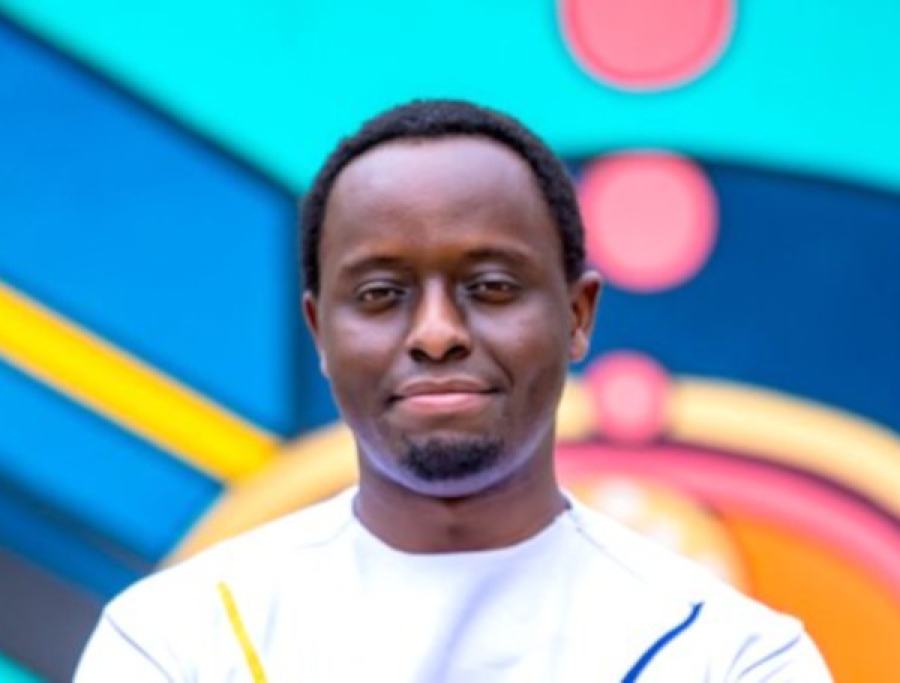In an ambitious move to propel the socio-economic transformation of Africa and the Middle East, Rwandan entrepreneur Pascal Murasira is laying the groundwork for a new investment fund aimed at fostering innovative start-ups through the creation of co-working spaces. Murasira, the former Managing Director of Norrsken East Africa—touted as the continent’s largest entrepreneurship hub—has articulated a vision that underscores the critical role of a vibrant start-up community in driving development.
The initiative comes in response to the high failure rate of start-ups, with many unable to sustain operations beyond their initial years. Murasira emphasizes the importance of an ecosystem that consolidates key industry players, thereby facilitating the flow of investments essential for success. “Investing in physical infrastructure fosters a sense of belonging and sustainability within the ecosystem,” Murasira remarked, highlighting the need for an environment conducive to innovation and growth.
Murasira’s strategy involves not just the physical aspect of co-working spaces but also the cultivation of a dynamic entrepreneurial culture supported by sound policies, inspirational role models, skill development through education, and a vibrant workplace atmosphere. “The goal is to replicate Rwanda’s innovation success across other nations, tailoring our approach to meet local market realities,” he shared, outlining plans for a fund poised to extend Rwanda’s entrepreneurial achievements globally.
The proposed fund, estimated at $100 million and set to be established in Kigali by the end of 2024, seeks to unite start-ups, investors, incubators, accelerators, legal experts, and other stakeholders under one roof. This model not only enhances the visibility of entrepreneurs but also fosters talent acquisition and skill development, crucial for the growth and sustainability of start-ups.
Reflecting on his tenure at Norrsken East Africa, Murasira credits the hub’s rapid development and significant impact to strategic planning and commitment, even amid global challenges like the Covid-19 pandemic and supply chain disruptions. Housing over 1,000 entrepreneurs, investors, and start-up enablers, the hub stands as a testament to what focused collaboration can achieve.
Murasira also highlighted Rwanda’s progressive policies in fostering an innovation-friendly environment, urging the private sector to recognize and embrace its role in this ecosystem. He pointed to recent policy developments such as the potential implementation of a Startup Act in Rwanda, designed to incentivize participation across the start-up lifecycle, and the Sandbox regulatory framework, which supports fintech innovation.
Despite a challenging year for African start-ups in attracting investments, Rwanda experienced a significant boost, with funding jumping to $44 million in 2023, up from $4.3 million the previous year. This surge was largely driven by Kasha, an e-health platform that secured a $21 million investment, underscoring the potential for growth and innovation in the region.

